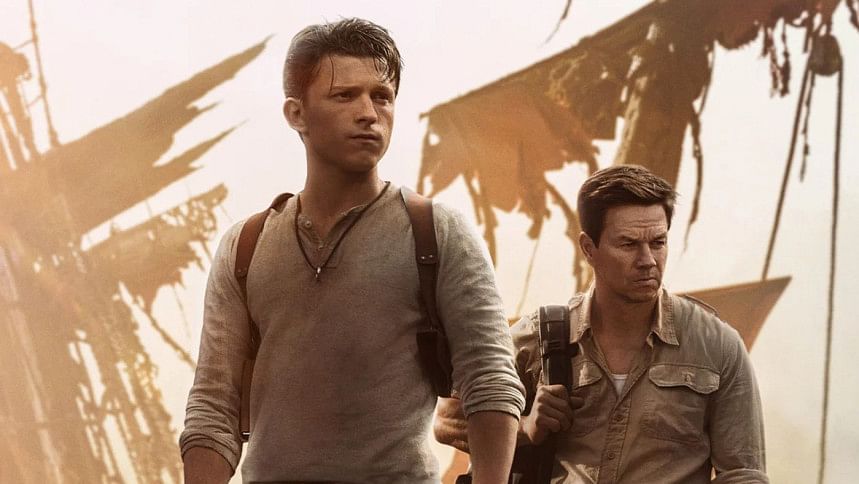Why video game adaptations (almost) always fail

There is something universal about shows or movies based on videogames not living up to the mark. There are some obvious issues which cause these adaptations to be so lacklustre, like not respecting the source material and how they are often just cheap cash grabs. However, there are more inherent issues which make video game adaptations cursed from the get-go.
Whenever there is a conceptual transformation of medium shift, something is always lost from the source material, while something else is gained. This is true for all sorts of adaptations. In the case of video games, more is lost than gained.
Most video games are meant to be immersive and non-linear experiences which are usually at least 11-12 hours long. Essentially, asking for an accurate adaptation of a game into a movie means you are asking for a lesser version of the same thing. Adapting into a TV show might bear better results, but ultimately the aspect of immersion can never be replicated in these mediums.
To further explain, I would like to use the example of the film Resident Evil: Welcome To Raccoon City. Each Resident Evil game is a lengthy experience, with exploration and discovery being the driving force for plot progression. Players are meant to experience the story by trying to survive in and escape from zombie-infested locations. Even being respectful to the source material, it is impossible to replicate the authentic Resident Evil experience in a film.
Adapting one game into a movie would be difficult enough, yet the filmmakers here tried to adapt two games into one movie, and coupled in with the other issues, it resulted in a mess of a film which not only displeased fans but also failed to appeal to casual audiences. Many other issues contributed to the film's failure, ranging from disrespecting the source material to a low budget and poor dialogues. Unfortunately, all these same issues plague most video game adaptations.
Another inherent problem of adapting videogames is how most Hollywood producers play it safe by investing in an IP – intellectual property – which has an existing fanbase, without realising why the fanbase liked it in the first place. Video games are still in the bubble in which superhero movies were in the 90s and early 2000s, where they are not considered as serious forms of storytelling, at least on the same level as feature films. This results in keeping only barebones from the source and taking too many creative leaps to cash in on an existing popular IP.
In the end, it will always be difficult to make an accurate adaptation of a game which not only appeals to fans but also garners a new audience, while being a good film or show on its own. However, there are times when video game adaptations do in fact succeed. The Sonic movies are a great example, alongside Detective Pikachu and Netflix's Castlevania. These succeeded for a simple reason – the nature of the source material allowed them to present it accurately enough while adding their own elements to it.
The key is to respect the source material and attempt to add elements which make it work in the new medium, and the ability to do this also depends on the kind of game being adapted. I think if filmmakers keep this in mind and try to learn from all the failed adaptations, we can hope for better video game movies and shows down the line.
Sabil spends most of his time making memes and trying to stay as hopeful as possible. You can contact him at [email protected]

 For all latest news, follow The Daily Star's Google News channel.
For all latest news, follow The Daily Star's Google News channel. 









Comments